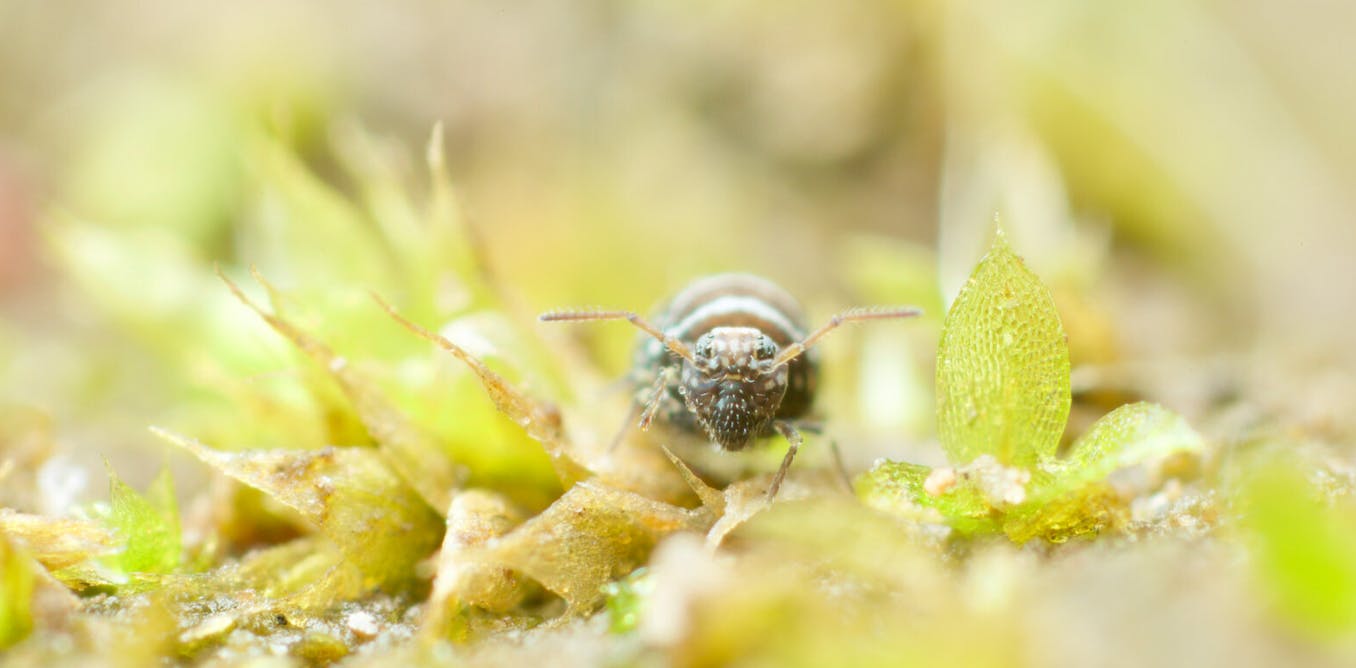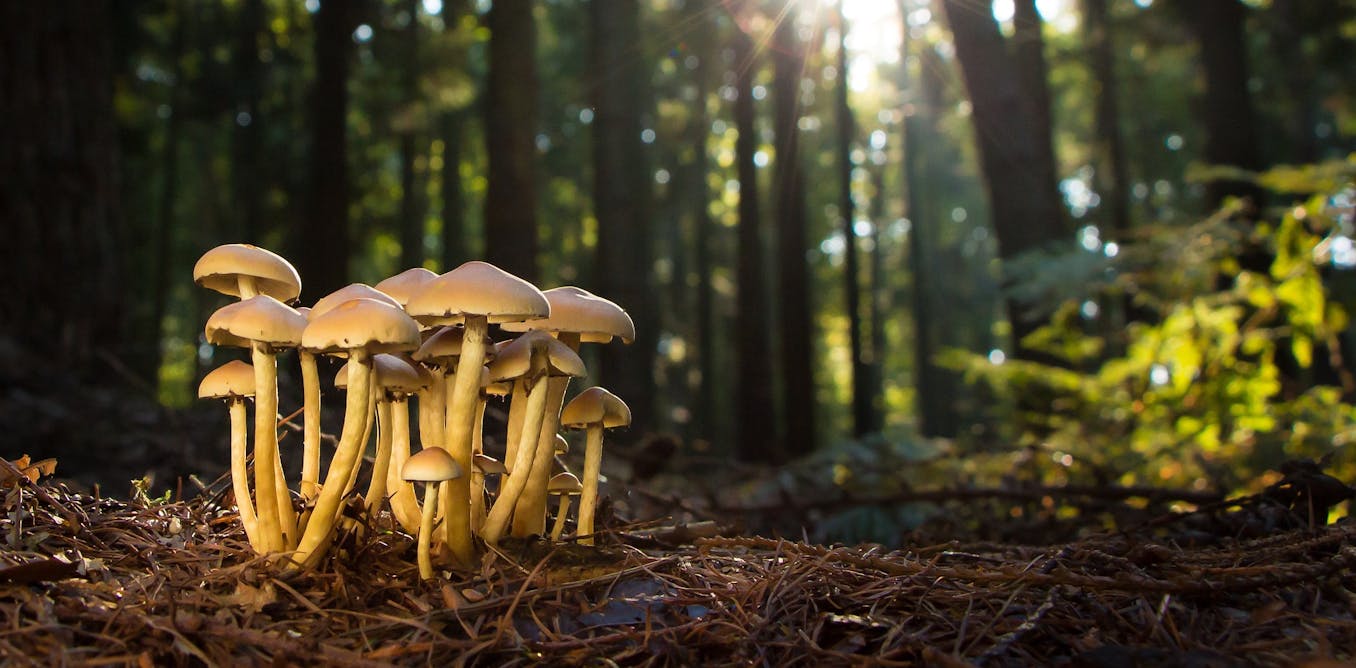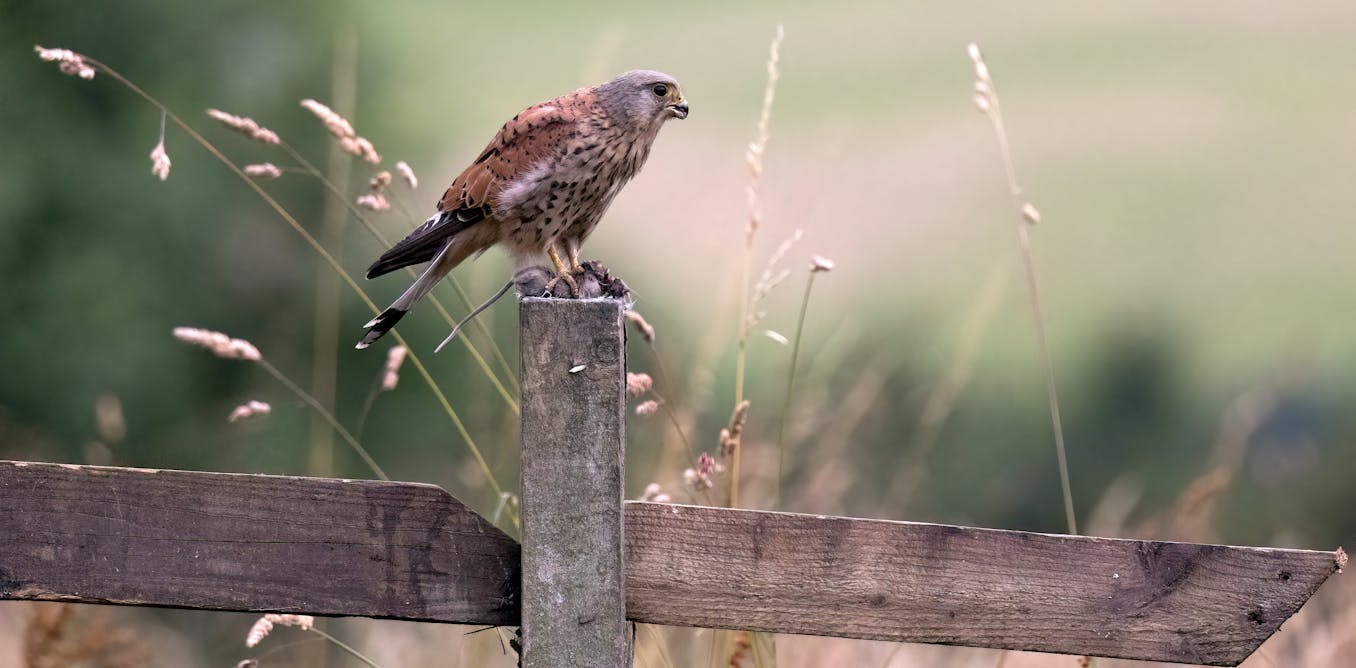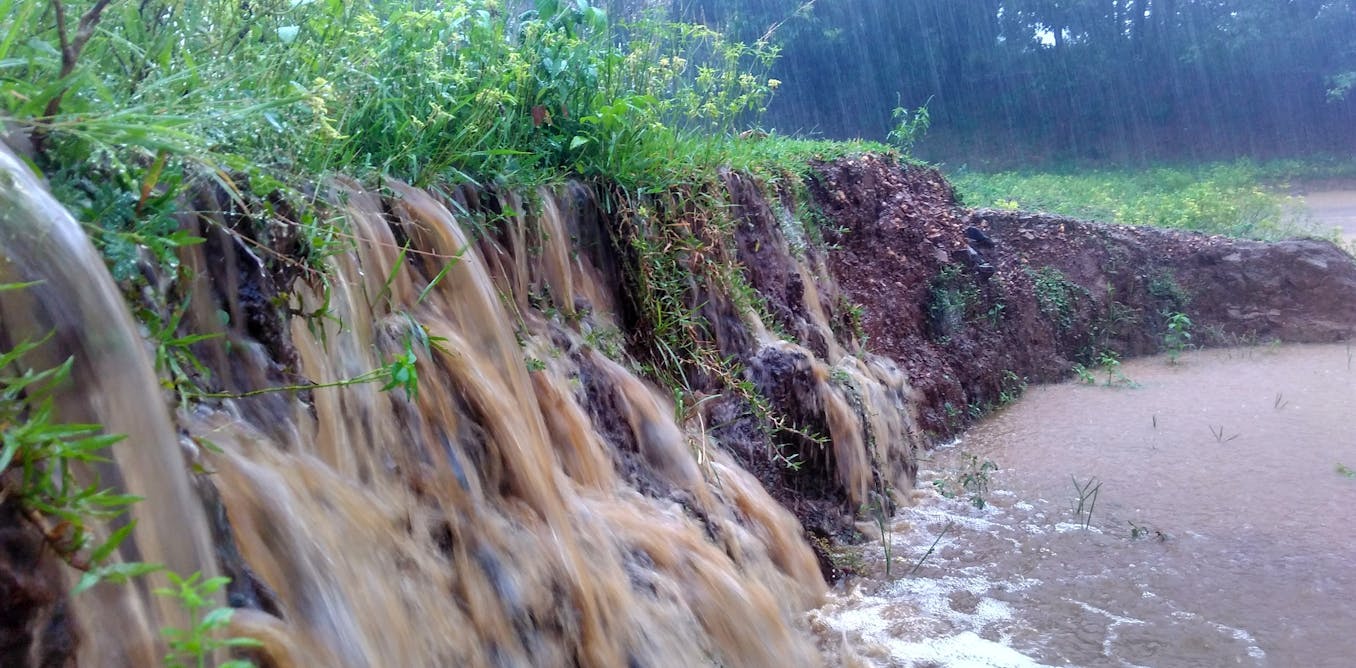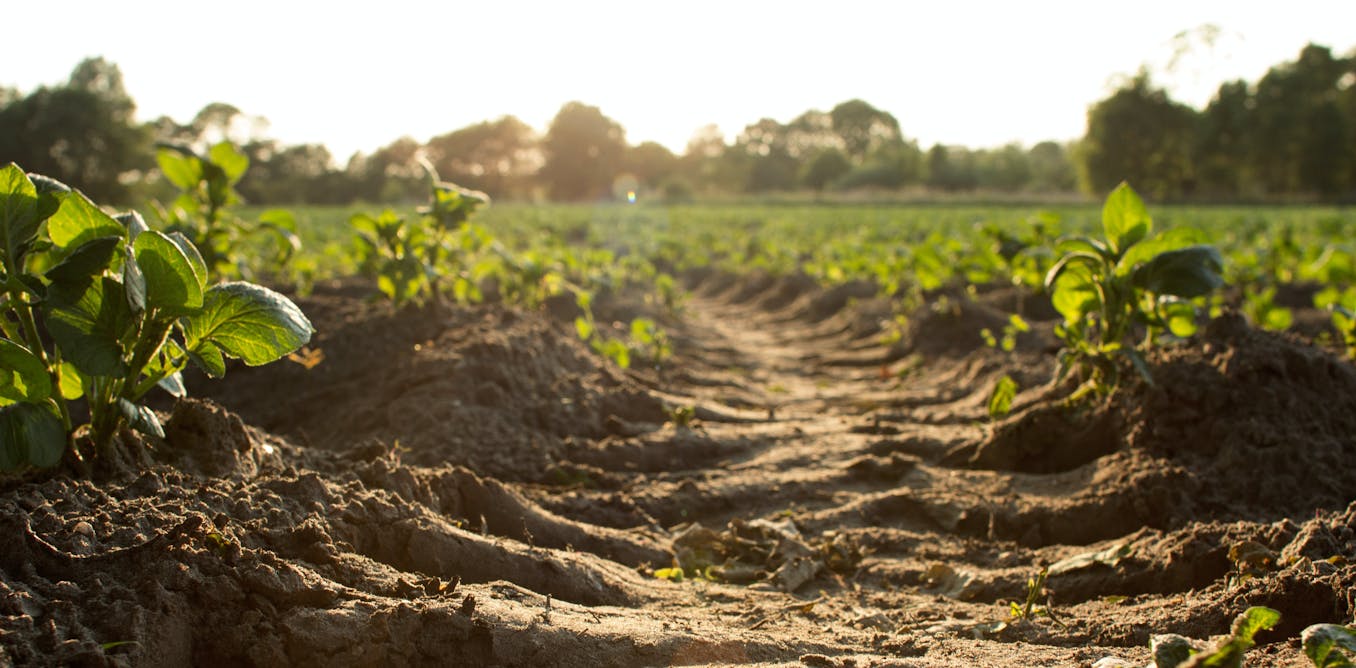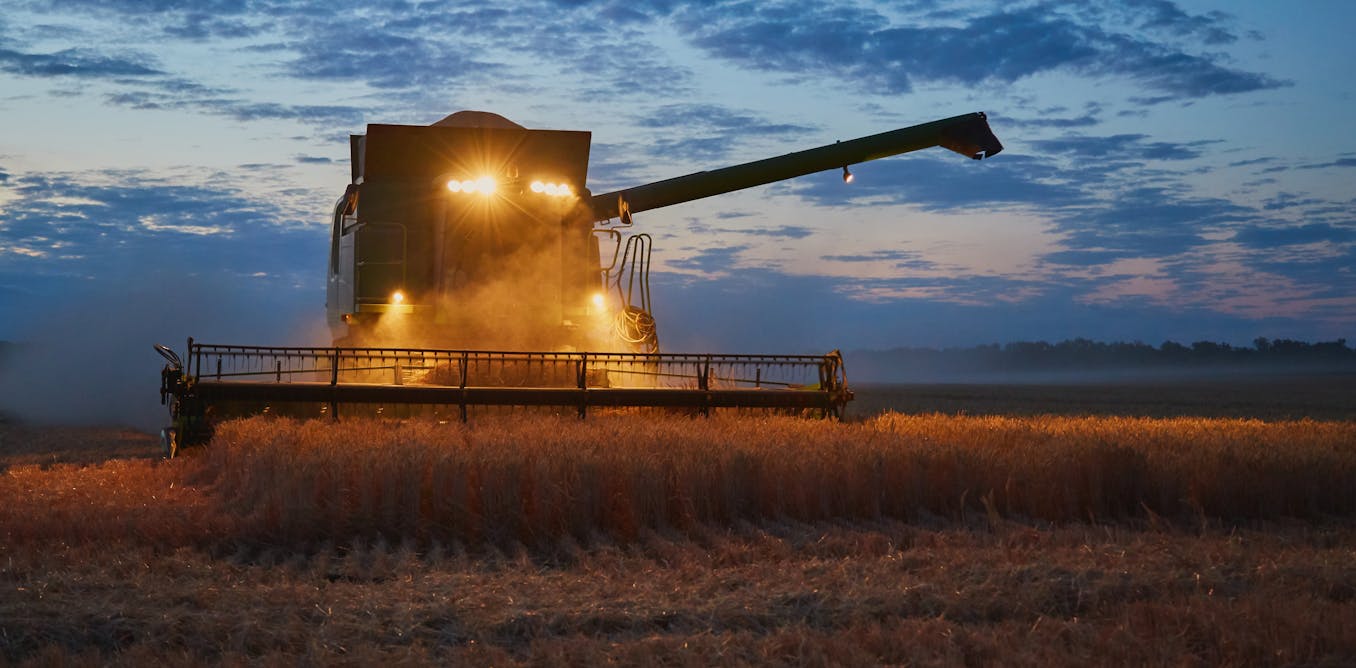Sandcastle engineering – a geotechnical engineer explains how water, air and sand create solid structures
From capillary forces to sand grain shape, the simple mix of sand and water hides the of complexity within.
Joseph Scalia, Associate Professor of Civil and Environmental Engineering, Colorado State University •
conversation
Aug. 19, 2022 • ~8 min
Aug. 19, 2022 • ~8 min
Farmers can save water with wireless technologies, but there are challenges – like transmitting data through mud
The Agricultural Internet of Things is making farming more efficient. An information technology expert describes some of the challenges of working with sensors and antennas underground.
Abdul Salam, Assistant Professor of Computer and Information Technology, Purdue University •
conversation
Aug. 11, 2022 • ~8 min
Aug. 11, 2022 • ~8 min
Plastic pollution: European farmland could be largest global reservoir of microplastics
Up to 42,000 tonnes a year of microplastics are removed from sewage, spread on fields as fertiliser and eventually wash back into watercourses.
Valentine Muhawenimana, Postdoctoral Research Associate in Environmental Engineering, Cardiff University •
conversation
May 23, 2022 • ~6 min
May 23, 2022 • ~6 min
/
6

